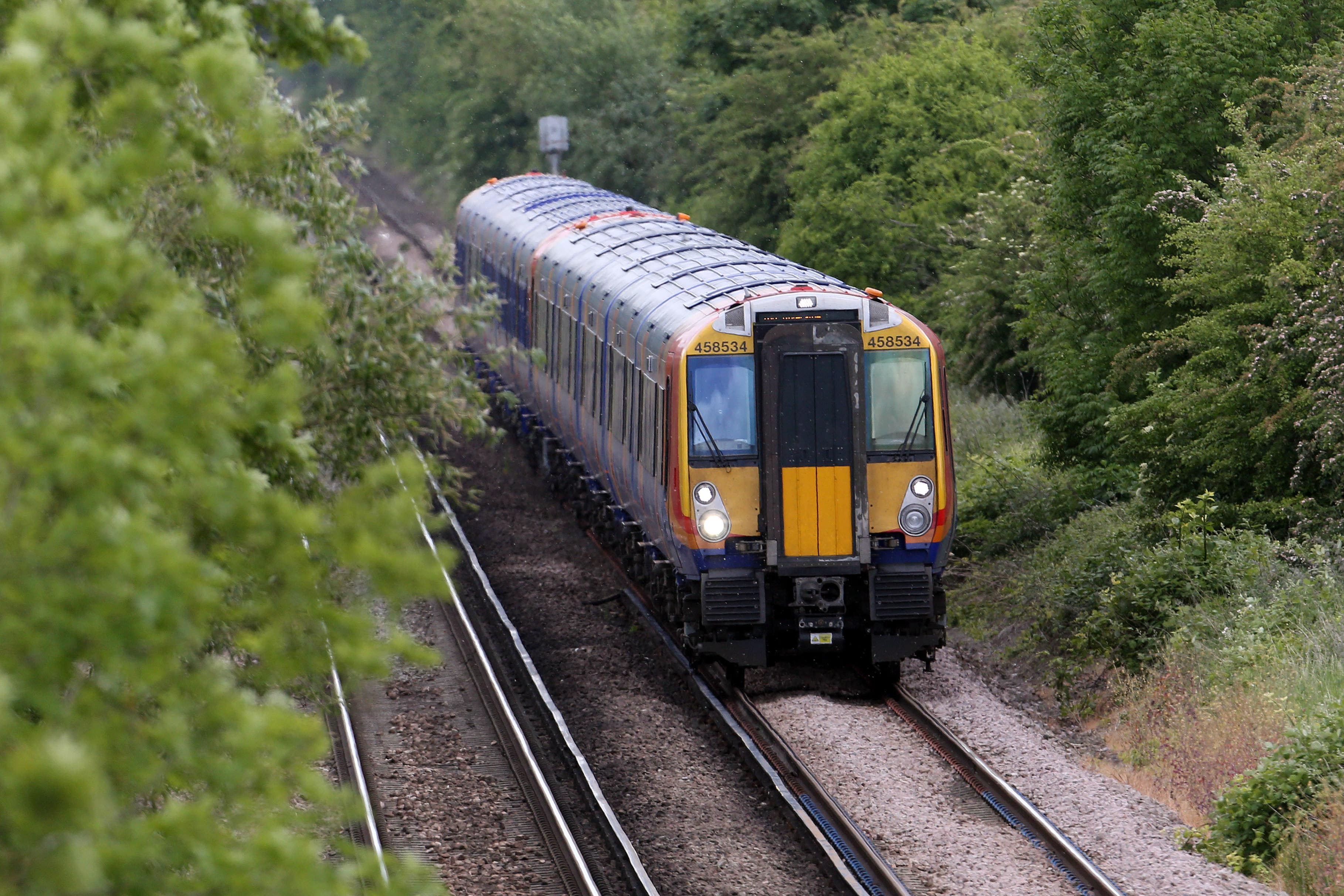Six-month stalemate over rail strikes ‘holding back progress on green transport’
Aslef general secretary Mick Whelan spoke with the PA news agency about the impact of the pay row deadlock on the UK’s green transport goals.

The six-month stalemate between striking rail workers and the Government is holding back progress on green transport, according to a union boss.
Aslef general secretary Mick Whelan said the deadlock over pay negotiations is taking rail leaders’ focus away from improving the sustainability of Britain’s rail network.
He added that a lack of investment in the railways and increased train fares have caused commuters to opt for less eco-friendly modes of transport like driving.
Mr Whelan joined several train drivers striking outside London’s Euston station on Thursday, while thousands more Aslef members set up picket lines across the country on their sixth day of action since last summer.
Asked whether the ongoing dispute is stopping rail leaders improving green transport, Mr Whelan said he “couldn’t see how” ministers will be able to deliver climate change targets without “putting rail at the centre” of their policies.
He told the PA news agency: “Electrification, decarbonisation, building your transport links to the future, building freight hubs, shorter electric lorry journeys that protected jobs and enhanced communities going forward, would have been where we would be.
“What we’re actually seeing is less investment, truncated timetables driving people back on to roads, and of course, at the same time, it isn’t strikes that are driving people off the railway, it is the increased fares.”
In response to this, a Department for Transport (DfT) spokesman said “unions should step back from strike action so we can start 2023 by ending this damaging dispute”.
Bookmark popover
Removed from bookmarks